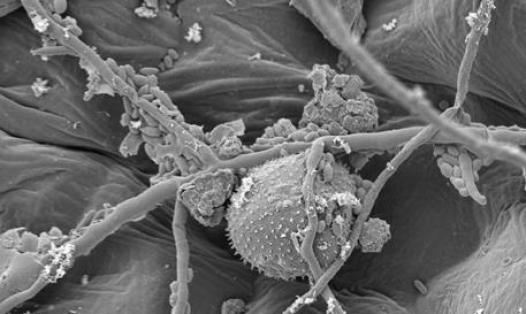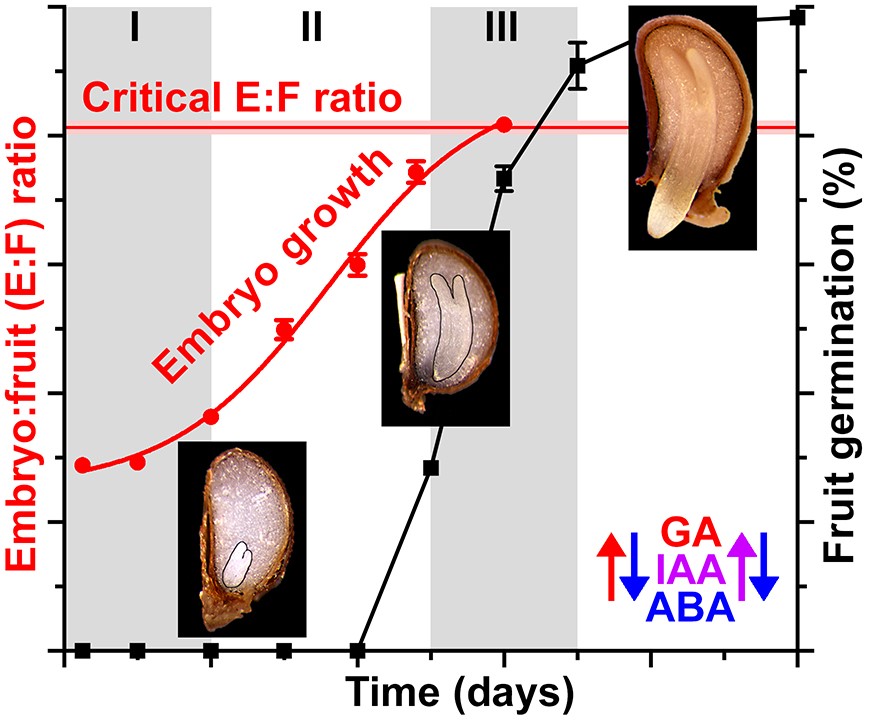


Dormancy is an innate state of arrested growth that occurs across all life forms with plant seed dormancy being the key to adaptation and successful crop establishment upon abiotic stress and climate change. The overall aim of the project is to investigate the largely unknown molecular mechanisms underlying technologies to improve the quality of crop seeds with morphological dormancy (MD). Seed bio-technologies applied to vegetable seeds with MD alter their germination responses and their storability. Their underlying mechanisms will be investigated combining global gene expression analysis, mathematical modelling of abiotic stress responses, innovative imaging and biomechanics in an interdisciplinary approach.